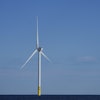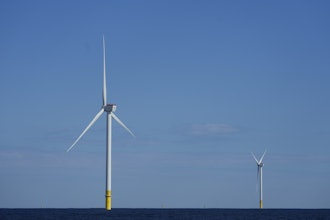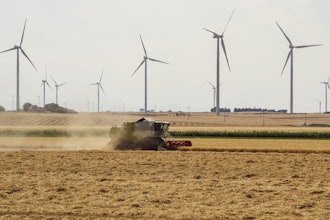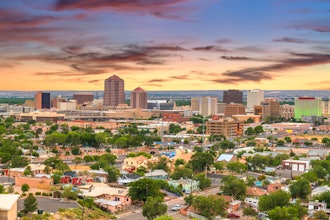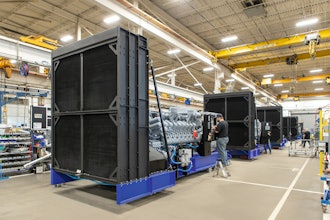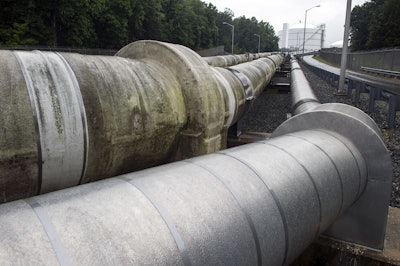
The U.S. Forest Service has rejected the proposed route of a 550-mile natural gas pipeline through national forests in Virginia and West Virginia because of concerns over the project's impact on an endangered salamander and other resources.
In a letter this week to federal regulators, the Forest Service said the builders of the proposed Atlantic Coast Pipeline will have to consider alternate routes through the George Washington and Monongahela national forests.
Besides cow knob salamanders in Virginia, foresters also cited concerns about northern flying squirrels in West Virginia and red spruce restoration areas along the proposed pipeline route. The Forest Service described the two species and forestland as "irreplaceable."
Foresters said those species and forestland "must be considered in the development of alternatives."
Dominion Virginia Power, Duke Energy and other energy partners have proposed building the $5 billion pipeline, one of at least two interstate pipelines that would carve a path through West Virginia and Virginia.
 (AP Photo)
(AP Photo)The pipelines are intended to deliver natural gas from the shale fields of northern West Virginia to Virginia and North Carolina. Its application to build the pipeline is before the Federal Energy Regulatory Commission.
Dominion did not immediately return a telephone message from The Associated Press seeking comment.
The habitat of the salamander cited by the Forest Service is along Shenandoah Mountain in western Virginia, between 2,000 and 4,400 feet in elevation.
"The pipeline must be routed around areas where Cow Knob salamander habitat is found," regional foresters wrote in a letter to pipeline builders.
The Forest Service said in the letter it is "committed to cooperating with FERC and working with ACP on continued development of the project," but it must balance "sensitive resources" and the growing demand for natural gas.
The Atlantic Coast Pipeline has encountered pockets of resistance along its path, primarily among residents in western and central regions of Virginia. They have cited property rights and environmental concerns.
The pipeline has the backing of governors in West Virginia, Virginia and North Carolina.



